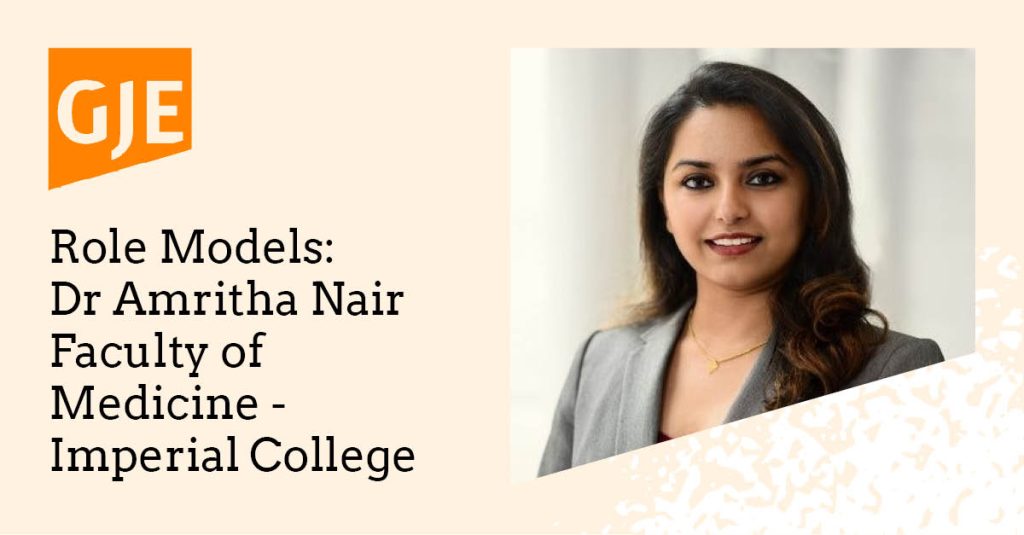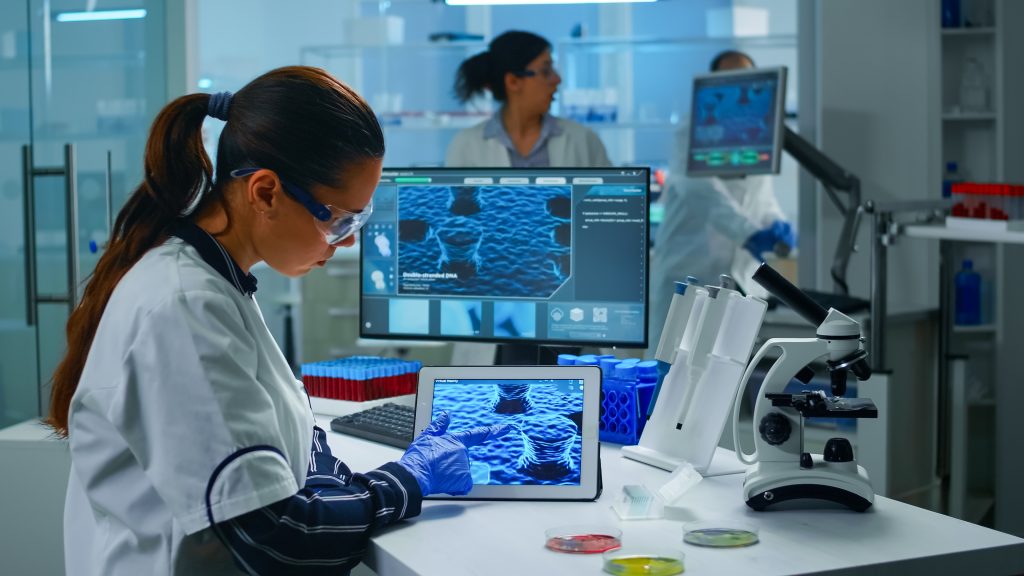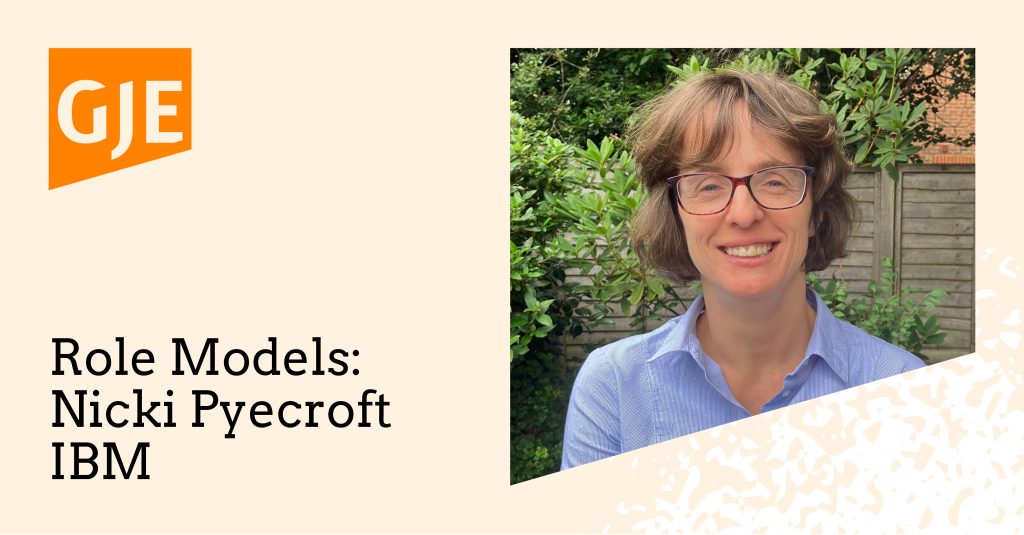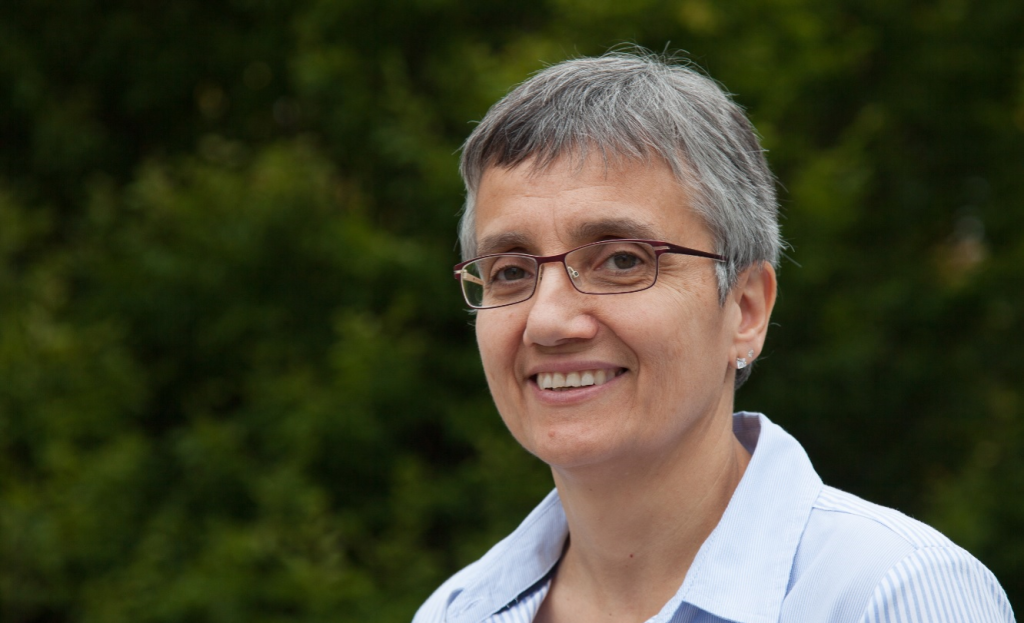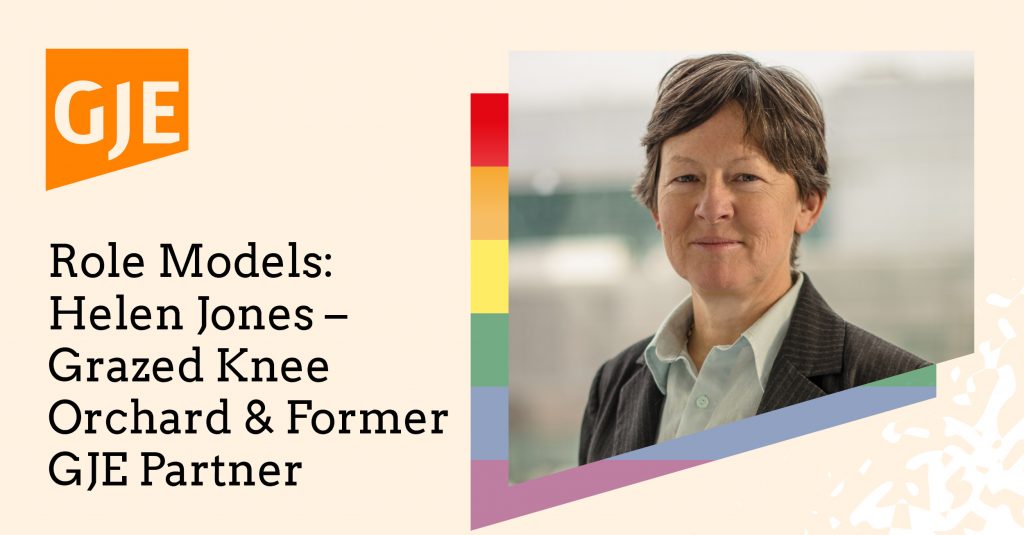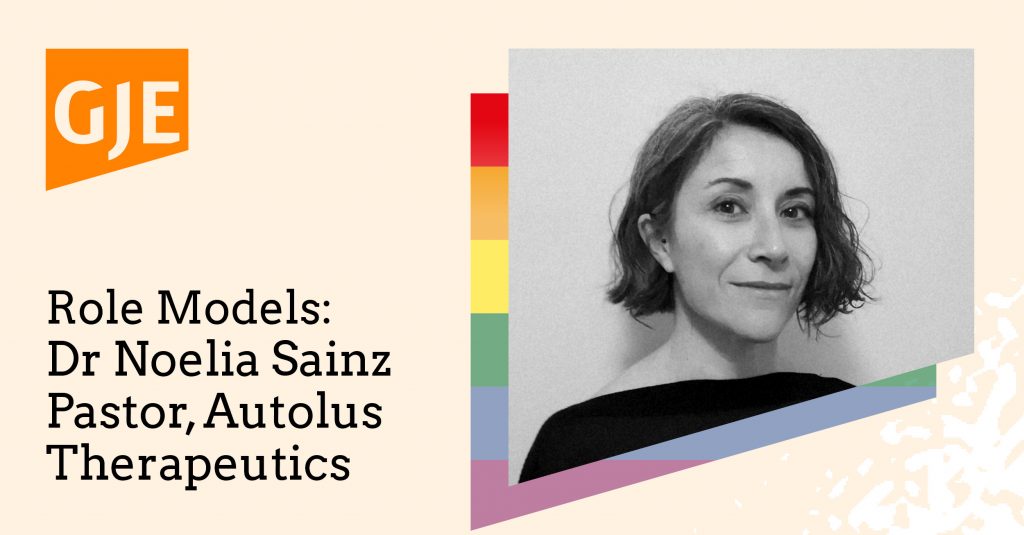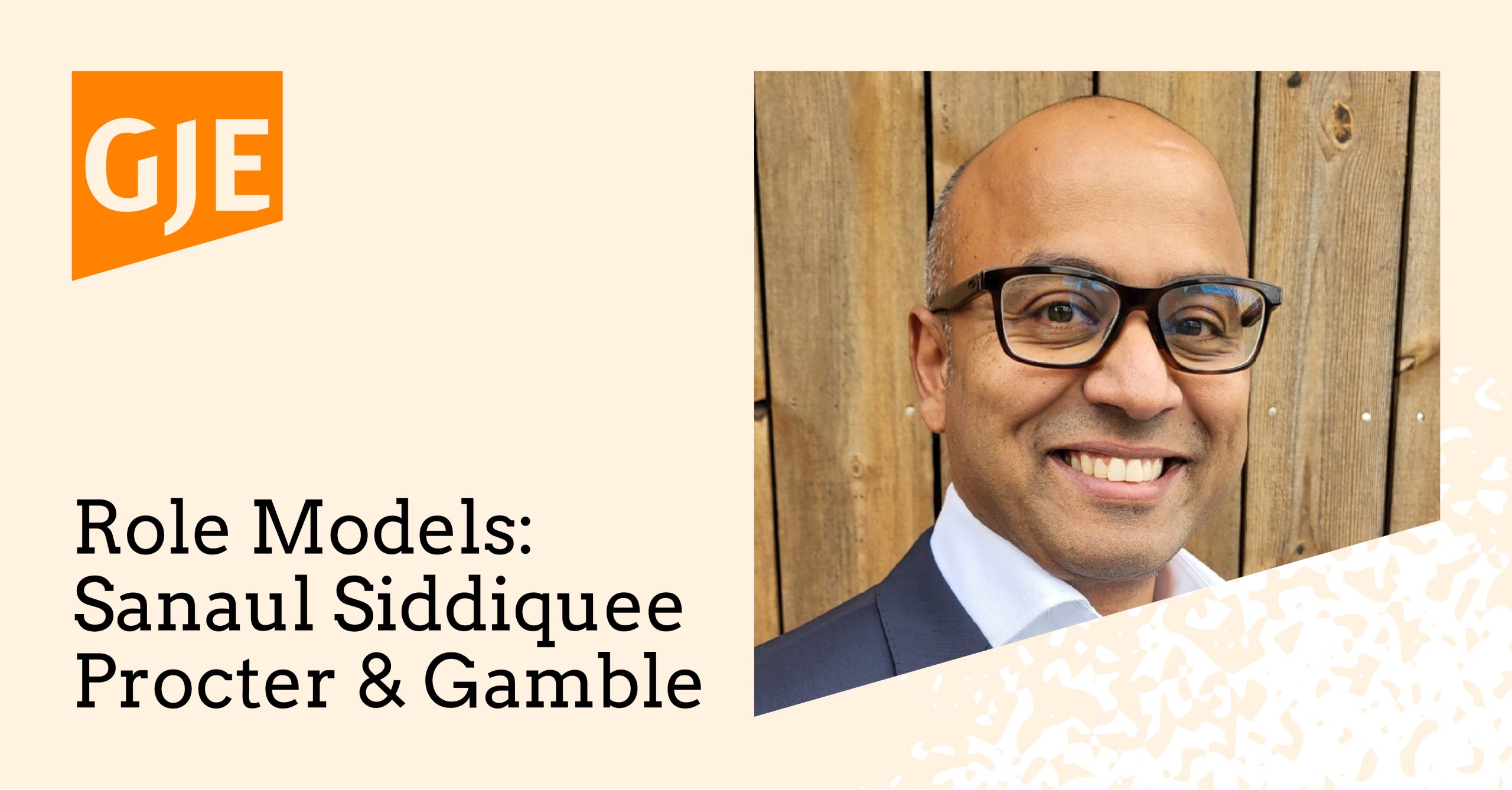
Our GJE Role Model Series aims to celebrate the achievements of people from under-represented groups within STEM, highlight the progress that has been made to make organisations more inclusive, and discuss what remains to be done. For this article, it was our pleasure to invite Sanaul Siddiquee of Procter & Gamble (P&G) for an interview. Sanaul grew up in Birmingham, before going on to study for a master’s degree in chemical engineering at the University of Cambridge. After that, he completed a PhD in Massachusetts before starting his career in Research and Development (R&D) at P&G. After switching from R&D to P&G’s Patents Legal Group, Sanaul qualified as a European Patent Attorney and is now a Director and Assistant General Counsel, and Global IP Counsel for the Hand Dish business, and European Counsel for the Laundry Liquids business, as well as related technologies.
How did you find out about the patent profession, and what motivated you to join?
‘After eight years of working in R&D, I was looking for a career change. Fortunately, the head of the Europe Patents group at P&G, Gautier Engisch, encouraged me to think about patents as a career. I haven’t looked back since!’
What have been some of the biggest achievements in your career so far?
‘In my R&D role, one of my significant achievements was leading the team responsible for developing the core used in virtually all P&G diapers, along with the base process for their production. On the IP side, I have focused on ensuring that in-house IP counsels add value to the business and are recognised for their contributions. This includes emphasising the value of intellectual property to R&D and aligning IP generation with the business needs. By fostering a better understanding of IP within R&D, we can focus on creating IP assets that truly benefit the business.
‘Additionally, as an in-house counsel, I have been developing improved work processes, such as for Freedom to Practice (FTP) assessments, which enable us to meet the business’s demands for high-quality FTP assessments while meeting changing business needs and timeframes’.
Please let us know more about your role as a Member of the CIPA Diversity & Inclusion (D&I) Committee, and the initiatives that you have been involved in.
‘I think the CIPA Diversity & Inclusion Committee is doing an amazing job, and I am honoured to be part of that team. I provide guidance based on my personal experiences and my work within a company that is fully committed to equality and inclusion. Just as importantly, being a D&I committee member allows me to learn from others in the IP field who share the same commitment to making our profession open and inclusive, and to reapply this both to myself and within my organisation.
‘Over my life, I have experienced welcoming atmospheres, but also exclusion. I have heard enough from my female, disabled, and gay friends to understand I am not alone in having these experiences. This has made me value the importance of everyone having a sense of belonging. It’s that sense of belonging which makes people willing to give more of themselves to what they are doing. I want to contribute to the IP profession being a place where people of all backgrounds can feel they belong and feel encouraged to join. Being a part of the CIPA Diversity & Inclusion Committee helps me to do this.
‘I admire CIPA and their D&I team’s efforts to lead this change and create a platform and resource which helps the profession as a whole embrace and benefit from greater diversity. I believe CIPA is well placed to inspire fellow European IP associations, companies, and firms to make our profession more welcoming and inspire individuals from diverse backgrounds to consider IP as a career choice’.
Have you noticed any progress in diversity and inclusion throughout the course of your career to date? What do you believe has driven any progress that you have seen?
‘Definitely. When I first started in IP, I knew very few European IP attorneys from minority backgrounds. However, recently I have seen a step change in the number of minorities in the profession, including several who have reached out to me on LinkedIn. Since the IP profession is relatively small, progress will be slow, but it is picking up. The progress is being driven by individuals and their hard work and also by certain IP organisations and firms – notably CIPA. Without their efforts, progress in a small, highly specialised field such as ours would be much, much slower’.
What do you believe is the most important change that companies in the legal (in particular, intellectual property) industry should make to promote a more diverse profession?
‘I would encourage companies in the intellectual property industry to hire based on a value fit, rather than a cultural fit. Additionally, it is crucial for companies to create an organisational culture that is open and supportive of all individuals’.
What advice would you give to individuals from ethnic or other minority groups considering a career in intellectual property?
‘I would always advise individuals from a minority group to choose a company where you feel valued, to network, and to seek out allies both in their organisation and in your field. Being a minority can make you feel isolated and disempowered, but it’s easier to see your value and be counted when you feel supported. It is also vital that you support others. If you don’t, why should they support you?
‘Finally, never apologise for who you are’.
